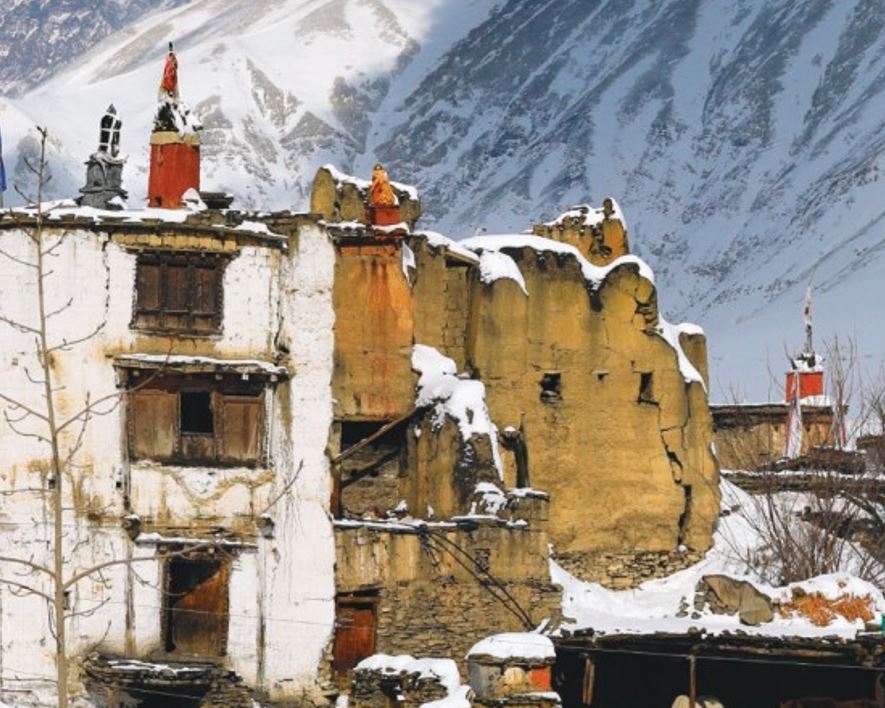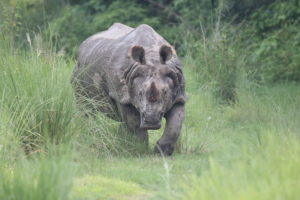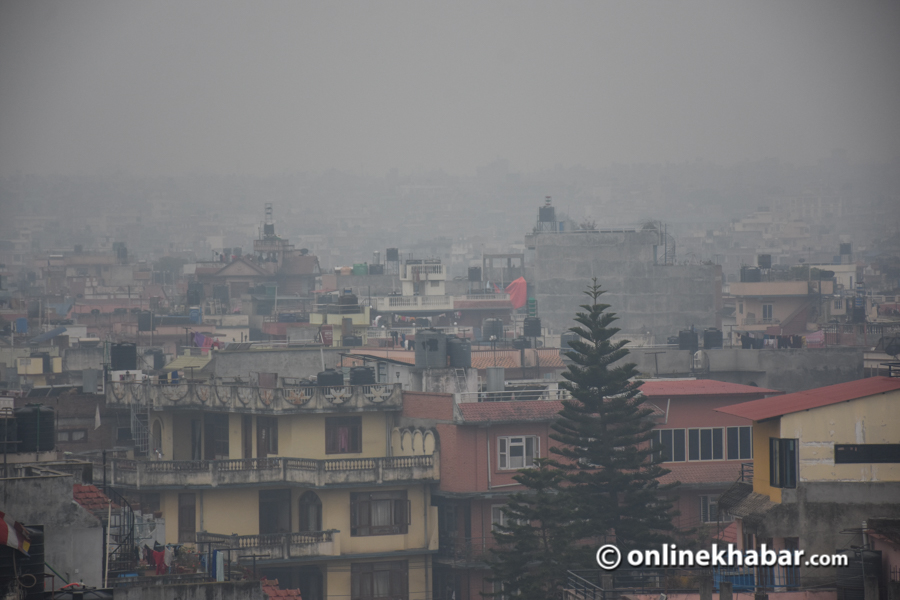
It was in April 2018 when Rahul Kumar Mandal, popularly known as Maniya, took his first step towards becoming a rapper. He was in Biratnagar to pursue high school and lived with a friend, Dipendra Mandal. One day, he came across a lyric written in Maithili by Dipendra—and Maniya liked it.
However, he felt there were things he could improve. He asked Dipendra if he could make some corrections, and Dipendra agreed. After editing the lyrics, Maniya began humming them. Initially, the lyrics were written as a pop song, but as Maniya started singing them regularly, it gradually took the form of rap, which sounded even better. The two friends decided to record the song. They recorded it, named it DJ Wala, and uploaded it to Facebook.
Maniya is one of the few Maithili rappers who started as a dancer and choreographed for his dance crew, Third Eye Dance Group. After releasing his first rap song, he fully transitioned into rap. From that moment, he began writing Maithili rap songs continuously, as they brought him more happiness than anything else. His passion for Maithili rap was so strong that he abandoned his dream of becoming a doctor despite having promised his father that he would pursue medicine.
“My father is still hurt by my decision,” says Maniya.
However, he continues to put in effort to convince his father and make him proud. With this goal in mind, he released a song titled Samad, dedicated to his father.
Back to back hits
Maniya’s story is relatable to thousands of people who have switched to a career different from what their parents expected.
While Maniya’s father opposed his dream of becoming a rapper, his brother, Ajay Mandal, always stood up for him. After completing high school, Maniya was almost about to enrol in Chandigarh University to pursue a BSc in Agriculture. However, for one last time, his brother asked, “If you want to pursue music as a career, stay here. I will help with whatever I can.”
Afterwards, Maniya came to Janakpur, where he met another Maithili rapper, Ak Rain. They recorded a few songs together in a local studio in Janakpur but were not satisfied with the results. Since Ak Rain was based in Kathmandu, he suggested that Maniya move there as well. Soon, both of them began living in a rented room in the capital and started writing songs together. The first song they recorded was Maithop, which means Maithili Hiphop. The song’s popularity exceeded their expectations. As of writing this, the song has 247,334 views on YouTube.
The popularity of Maithop fuelled Maniya’s passion for rap music. Later, the duo wrote another song, Anti Love, which has garnered over five million views on YouTube, making it their most-viewed song.
Another highly popular song by Maniya is Nikamma, which, according to him, was written out of frustration after a breakup.
“Nikamma has everything that I saw and did during my frustration after the breakup,” says Maniya.
His other song, Shiv Ji, especially the chorus part, gained immense popularity on TikTok.
Since TikTok has been one of his major platforms for promoting his songs, he considers it a “boon” for independent artists. Even during the lockdown, when he had not yet released his official debut song, he used to post Maithili Shayari, which had already made his TikTok account popular. Uploading songs on the same account helped his music reach thousands of people.
Why rap in Maithili?

His intention behind doing Maithili rap is simple. Firstly, it is his mother tongue, and secondly, it helps him stand out among other rappers in Nepal, who typically rap in either Nepali or English.
“The joy I feel when rapping in Maithili is unmatched; I do not find the same connection with any other language,” says the 26-year-old rapper to Onlinekhabar.
To sharpen his skills in Maithili rap, he travelled to several places in India, including Jhanjharpur and Majhaura, in search of inspiration and guidance. However, he found little that could aid his journey. He also tried to find content about Maithili rap that could hone his skills, but even there, he found nothing worthwhile.
Initially, Maniya’s brother even suggested that he rap in the Nepali language, as there was no market for Maithili rap. However, Maniya saw an opportunity in this relatively unexplored style.
At present, the situation is different from when Maniya started rapping, as the number of Maithili rappers has been growing lately. He is happy with the progress Maithili rap has made in recent times.
“The new artists and their songs are dope,” he says.
Maniya wishes for more Maithili rap artists to emerge in the Nepali music scene.
The local support
Besides language, another interesting aspect of Maniya’s work is his music videos, where all the featured artists are local people from the Dalit community—the community Maniya belongs.
“People in my community are incredibly supportive and always ready to lend a hand, which made it easy for me to find artists for the music video,” he says. “Otherwise, it would have been difficult for me to afford artists for the music video.”
From family and friends to relatives, everyone has been featured in his music video.
Currently, Maniya has set up a studio in Janakpur and is preparing for an album, which he plans to release in 2025. Besides recording his songs, he also aims to promote talented artists through his studio.
“There are many talented artists out there, but they often lack a platform and financial support. To those artists, I offer my help in recording their songs,” says Maniya.























